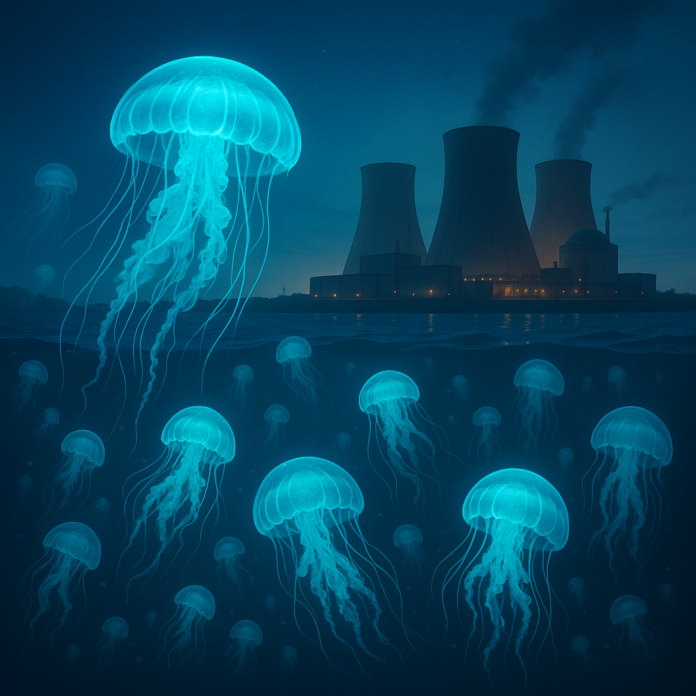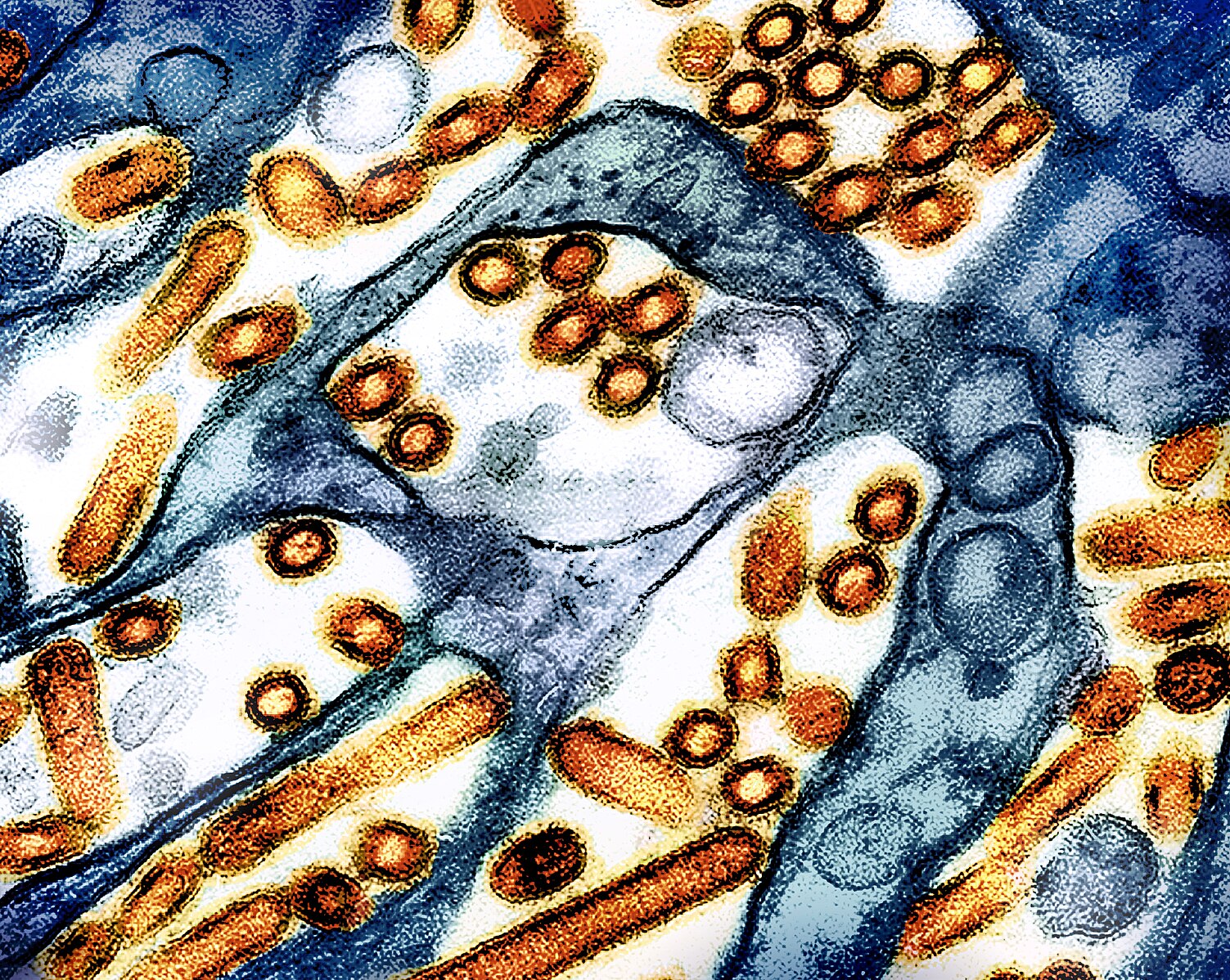
A nuclear power facility in northern France was forced to pause energy production this week after large clusters of jellyfish were discovered obstructing its cooling water intake system. The affected plant, located in Flamanville on the Normandy coast, shut down two reactor units to address the blockage.
The French utility EDF, which operates the plant, reported that maintenance crews were dispatched immediately to clear the intake screens. According to the company, the interruption is limited to the water intake used for cooling and does not involve the nuclear reactors themselves. EDF emphasized that there is no risk to the public, plant employees, or the surrounding environment.
Marine biologists note that jellyfish blooms can occur when ocean conditions — such as warmer water temperatures, changes in currents, and fluctuations in plankton populations — align in a way that favors their rapid reproduction. These swarms can be problematic for coastal power plants, where cooling systems depend on a constant flow of seawater.
While EDF did not provide a precise timeline for resuming operations, the company confirmed that the reactors will remain offline until inspections and cleaning are completed. Flamanville’s third reactor unit, which is separate from the affected systems, was not impacted.
This is not the first time jellyfish have disrupted nuclear facilities. Similar incidents have occurred in several countries, including the United States, Scotland, and Japan, where sudden surges in jellyfish populations overwhelmed water intake structures. Some plants have responded by installing specialized filtration systems to prevent marine life from entering cooling channels.
Local authorities in Normandy are monitoring the situation in coordination with EDF. Officials said there is no immediate impact on regional electricity supply, though prolonged outages could require adjustments in energy distribution from other sources.
Experts suggest that while jellyfish-related shutdowns are relatively rare, they may become more common if global ocean temperatures continue to rise. Warming seas, coupled with declining numbers of natural jellyfish predators, can contribute to larger and more frequent blooms.
For now, EDF has assured that the focus remains on clearing the intake system, conducting safety checks, and restarting the reactors as soon as conditions allow.
This image is the property of The New Dispatch LLC and is not licenseable for external use without explicit written permission.





